What next for Ecuador after Fernando Villavicencio assassination?
The killing of a candidate ahead of this week’s elections follows years of crime and a rapidly increasing drugs trade
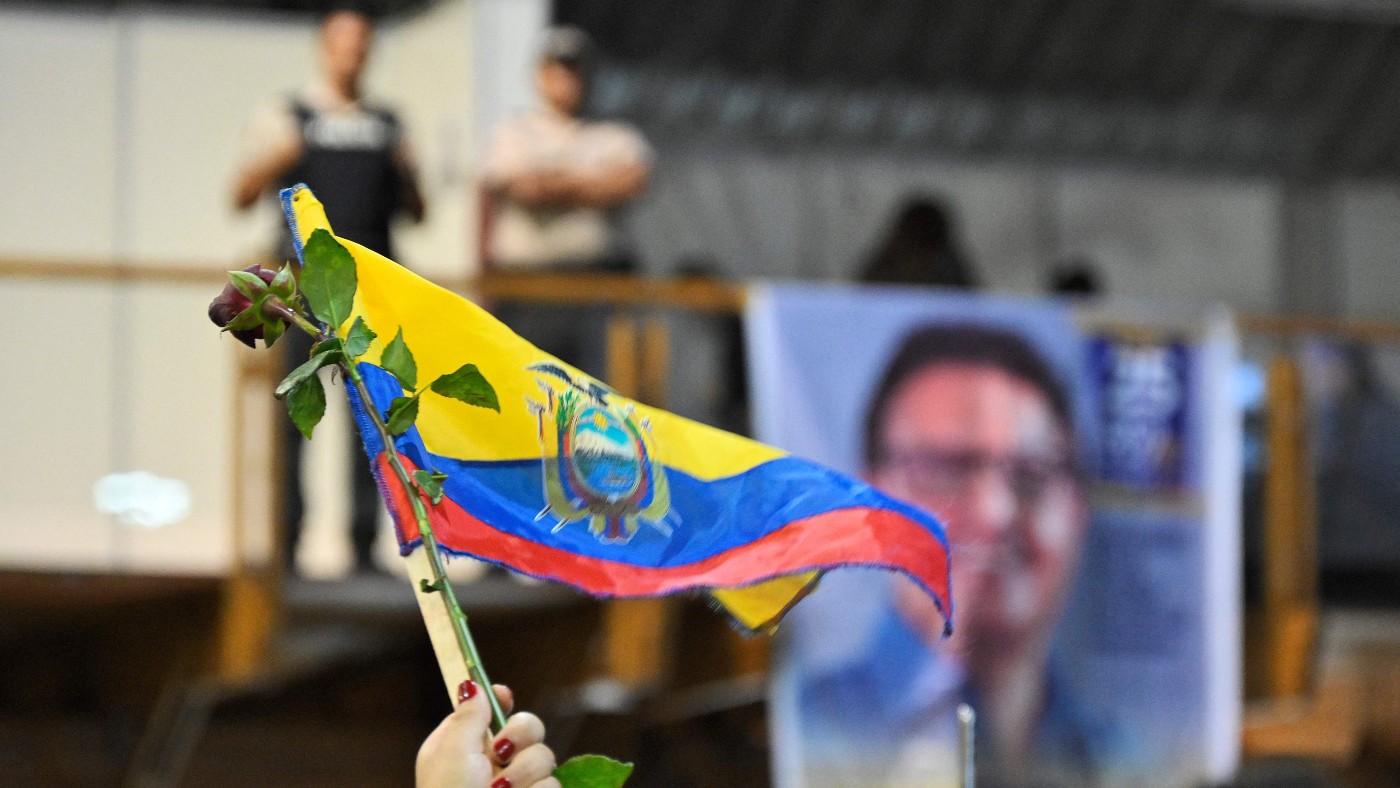
A free daily email with the biggest news stories of the day – and the best features from TheWeek.com
You are now subscribed
Your newsletter sign-up was successful
“If someone messes with the people, he is messing with my family.”
Those were reportedly the last words of Ecuadorian presidential candidate Fernando Villavicencio before he was gunned down after leaving a political rally in the nation’s capital, Quito.
The tragedy happened 10 days before a pivotal election, on 20 August, that is set to shape the future of Ecuador – a country in turmoil amid nationwide violence.
The Week
Escape your echo chamber. Get the facts behind the news, plus analysis from multiple perspectives.

Sign up for The Week's Free Newsletters
From our morning news briefing to a weekly Good News Newsletter, get the best of The Week delivered directly to your inbox.
From our morning news briefing to a weekly Good News Newsletter, get the best of The Week delivered directly to your inbox.
Villavicencio, 59, had been viewed as a candidate who could upset the status quo for the benefit of Ecuador. During a career as a journalist and subsequently a legislator, he had openly “denounced cases of corruption”, according to El Universo. He had vowed to tackle some of the “most dangerous structures… drug trafficking, illegal mining, corruption and bribery” in root and branch reforms to repair a country he viewed as broken, the newspaper added.
But the murder of the presidential hopeful did not occur in a vacuum. Instead, many see the killing as simply emblematic of the lows to which Ecuador has sunk in recent years.
It is not yet clear who carried out the murder. The Ecuadorian gang Los Lobos – the Wolves – at first appeared to claim it was behind the attack, but a new video from the group on social media said it was “framed with a fake video”, Insider reported.
Many believe the murder was a gang-ordered hit in a country rife with organised crime. There have been regular reports of “beheadings, car bombs, police assassinations, young men hanging from bridges and children gunned down outside their homes or schools”, said The New York Times.
A free daily email with the biggest news stories of the day – and the best features from TheWeek.com
Much of the crime and violence is down to the drugs trade, as Ecuador has in the space of only a few years become the “gold rush state” for a complex network of cartels from Mexico and other nations, the newspaper added.
While Ecuador was once commonly known as the “isla de paz” – or island of peace – compared to Peru and Colombia, the growing demand for cocaine has meant it has suffered a similar fate to its South American neighbours. It now teeters on the edge of becoming a narco-state.
Peru and Colombia are the world’s two biggest cocaine suppliers and production “has soared to record levels”, said The New York Times. Situated in between the two countries, “Ecuador has long been a transit hub for cocaine because of its geography and lax security”, said Vice. And “as much as 45 percent of [Colombia’s cocaine] passes through Ecuador”, it added.
Ecuadorians are finding it difficult to escape the clutches of the drug trade. A community leader told The New York Times that children “as young as 13” are forced into gangs. “They are threatened,” the leader said. “‘You don’t want to join? We will kill your family.’”
In the midst of the ongoing chaos, an election was called. Some suggest this will be beneficial in helping to elect a new candidate with a solid mandate to tackle Ecuador’s ongoing issues.
However, the real reason for the election was that the conservative president, Guillermo Lasso, was facing impeachment charges over allegations of corruption. Lasso has “rejected the existence of a corruption structure or network in his government”, said CNN. But this has failed to stop calls for the matter to be investigated further.
The leader narrowly survived impeachment “amid weeks-long protests over rising fuel and food prices last year”, the network added. But his name then appeared in the so-called Pandora Papers, which exposed a litany of financial secrets and offshore deals.
Consequently, Lasso triggered a “mutual death” clause in Ecuador’s constitution to dissolve congress and hold snap elections. His impeachment trial could not continue after congress had been dissolved. The clause has “never been used” since its introduction in 2008, the Financial Times stated.
The political and societal turmoil has left voters feeling disillusioned and pessimistic. To many, Lasso has failed to deliver, and his replacements do not seem to inspire much hope. According to a poll last week by Ecuadorian firm Click Report “more than 16.8 percent of potential voters said they would cast a ballot for no one”, Al Jazeera reported.
“We’re really tired of officials’ false promises,” Jefferson Goyburo, a taxi driver from Guayaquil, told Reuters. “The hopes are nil.”
Ecuador’s election will take place as scheduled on Sunday, but the threat to both candidates and voters will be heightened.
An estimated 10,000 policemen “will be in charge of security during the vote”, El Universo said. Lasso has confirmed soldiers will be present to guard polling stations across the country.
After the fatal shooting of Villavicencio, fears for politicians, citizens and the country are real. “What we witnessed was like a horror film,” Villavicencio’s uncle, Galo Valencia, said, according to The Guardian. “I have no words for what’s happening in the country. They just killed democracy.”
Rebekah Evans joined The Week as newsletter editor in 2023 and has written on subjects ranging from Ukraine and Afghanistan to fast fashion and "brotox". She started her career at Reach plc, where she cut her teeth on news, before pivoting into personal finance at the height of the pandemic and cost-of-living crisis. Social affairs is another of her passions, and she has interviewed people from across the world and from all walks of life. Rebekah completed an NCTJ with the Press Association and has written for publications including The Guardian, The Week magazine, the Press Association and local newspapers.
-
 Corruption: The spy sheikh and the president
Corruption: The spy sheikh and the presidentFeature Trump is at the center of another scandal
-
 Putin’s shadow war
Putin’s shadow warFeature The Kremlin is waging a campaign of sabotage and subversion against Ukraine’s allies in the West
-
 Media: Why did Bezos gut ‘The Washington Post’?
Media: Why did Bezos gut ‘The Washington Post’?Feature Possibilities include to curry favor with Trump or to try to end financial losses
-
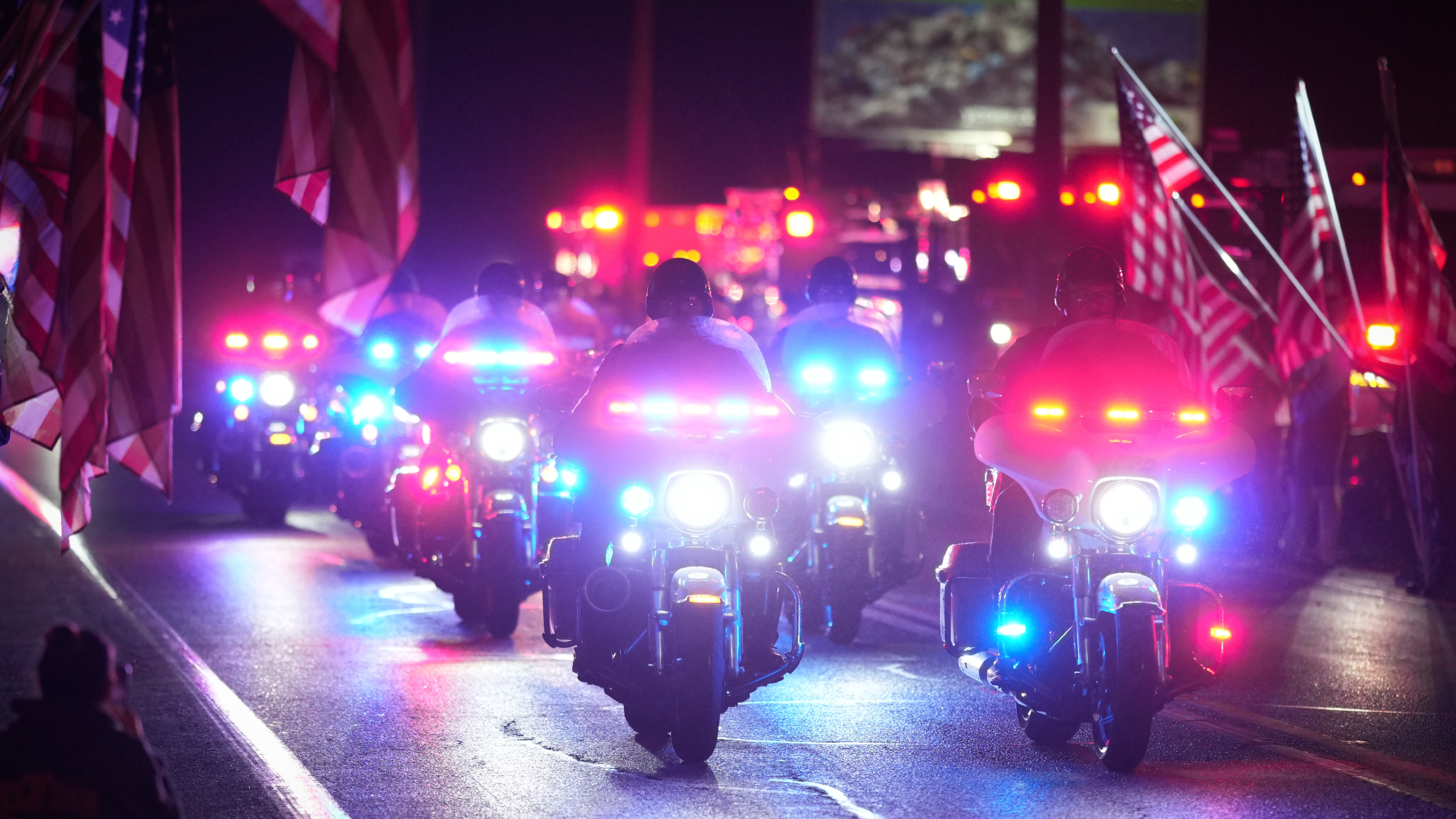 3 officers killed in Pennsylvania shooting
3 officers killed in Pennsylvania shootingSpeed Read Police did not share the identities of the officers or the slain suspect, nor the motive or the focus of the still-active investigation
-
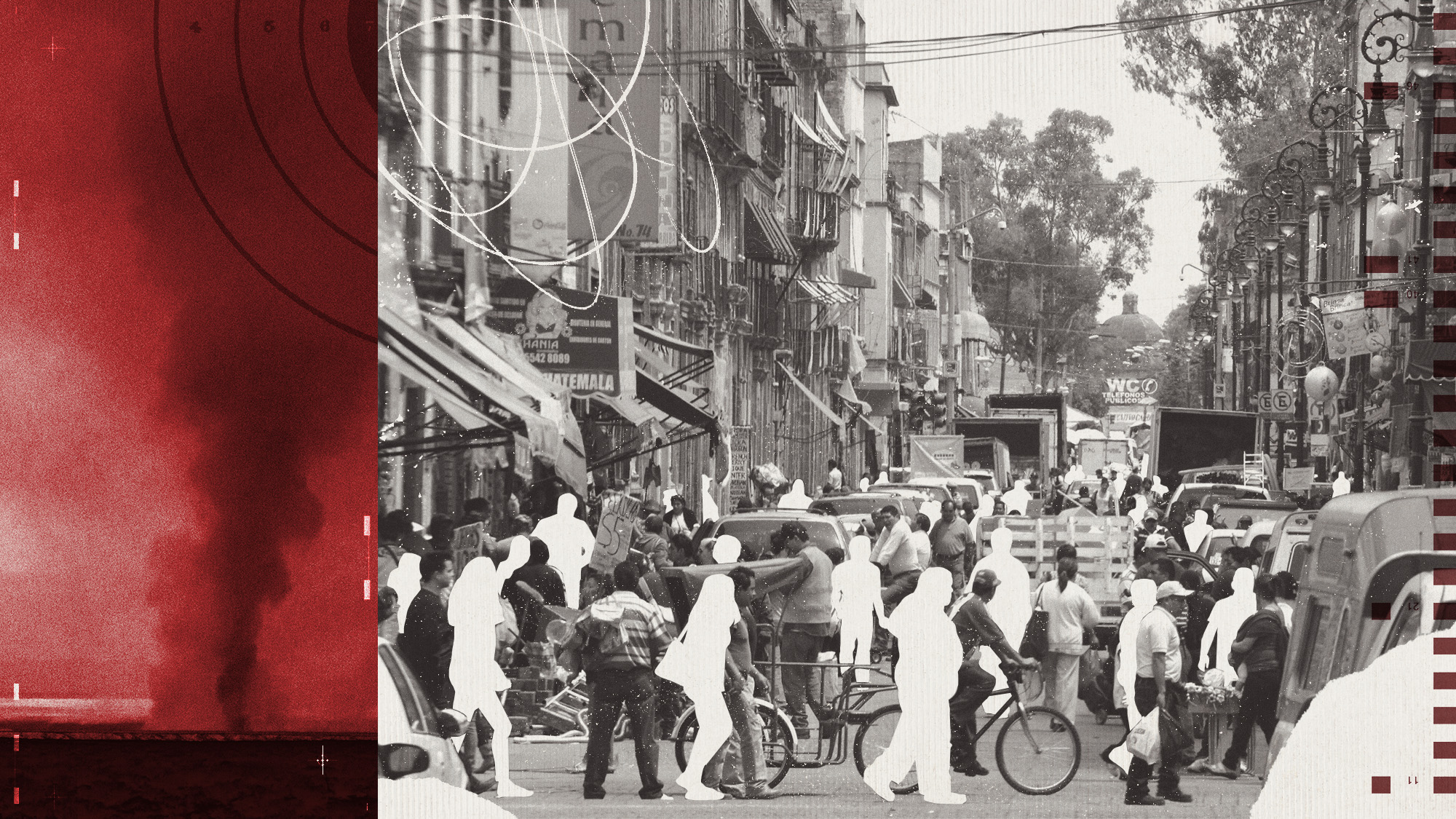 Mexico’s forced disappearances
Mexico’s forced disappearancesUnder the Radar 130,000 people missing as 20-year war on drugs leaves ‘the country’s landscape ever more blood-soaked’
-
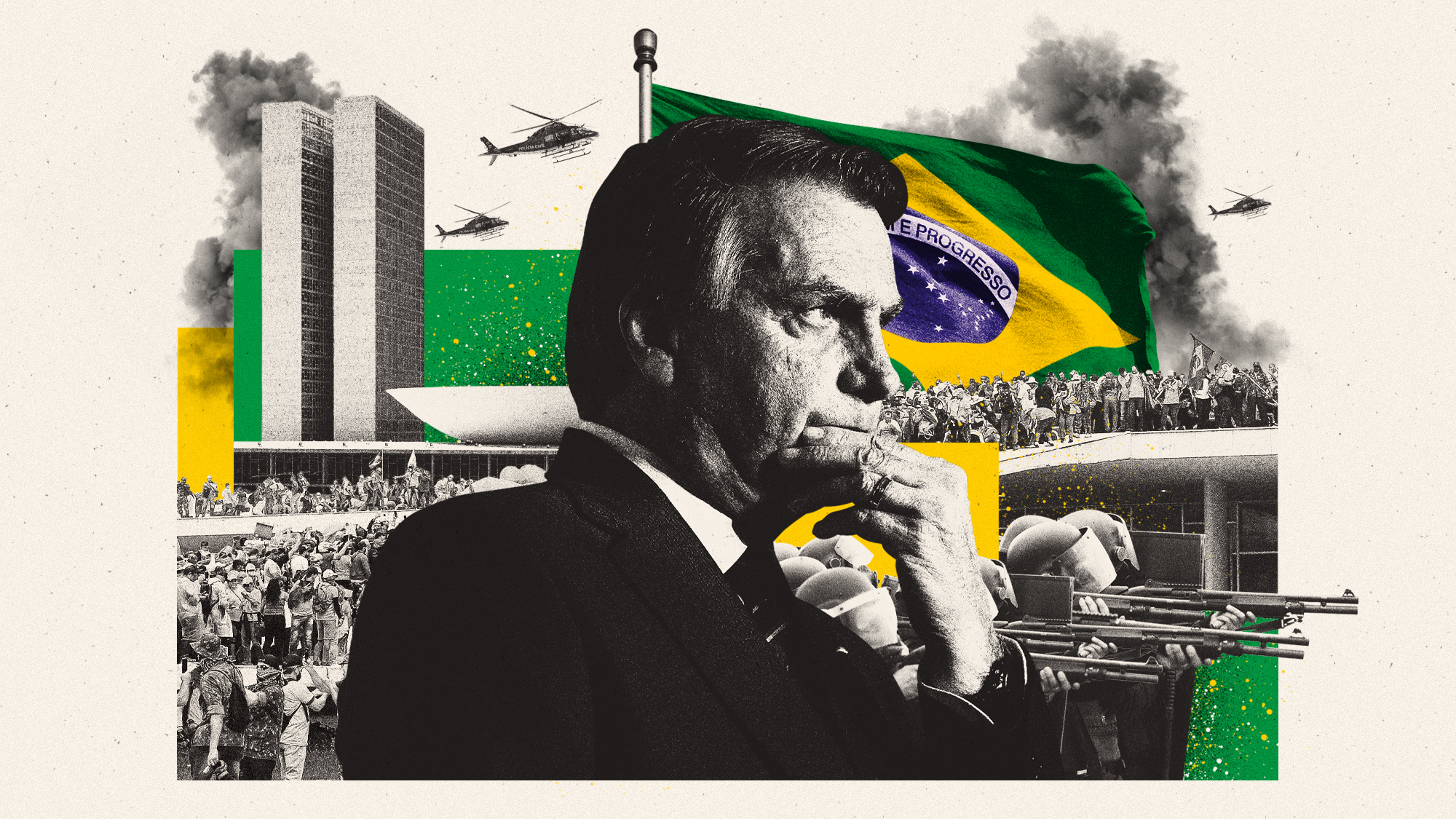 The trial of Jair Bolsonaro, the 'Trump of the tropics'
The trial of Jair Bolsonaro, the 'Trump of the tropics'The Explainer Brazil's former president will likely be found guilty of attempting military coup, despite US pressure and Trump allegiance
-
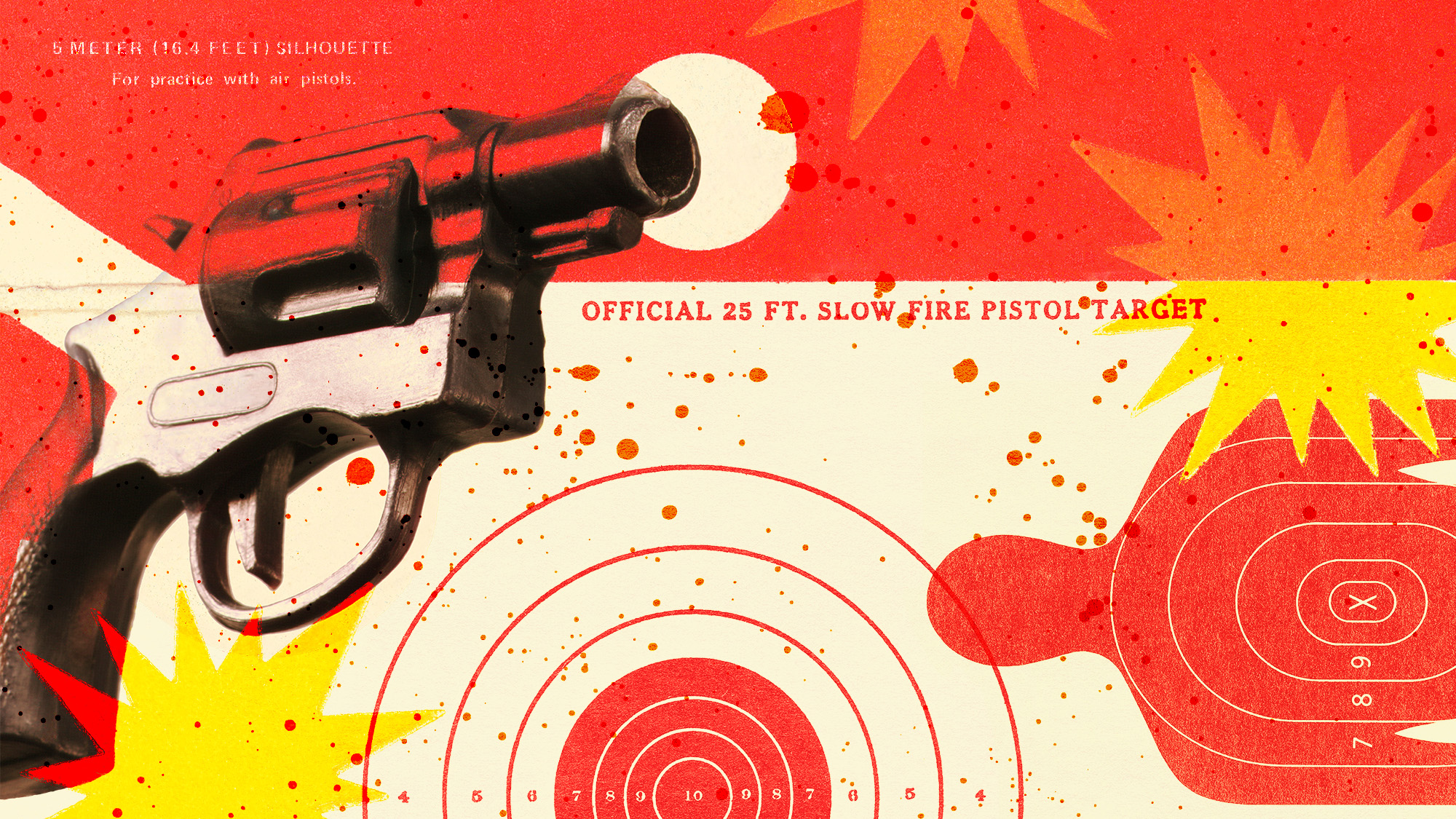 Trump lambasts crime, but his administration is cutting gun violence prevention
Trump lambasts crime, but his administration is cutting gun violence preventionThe Explainer The DOJ has canceled at least $500 million in public safety grants
-
 Aimee Betro: the Wisconsin woman who came to Birmingham to kill
Aimee Betro: the Wisconsin woman who came to Birmingham to killIn the Spotlight US hitwoman wore a niqab in online lover's revenge plot
-
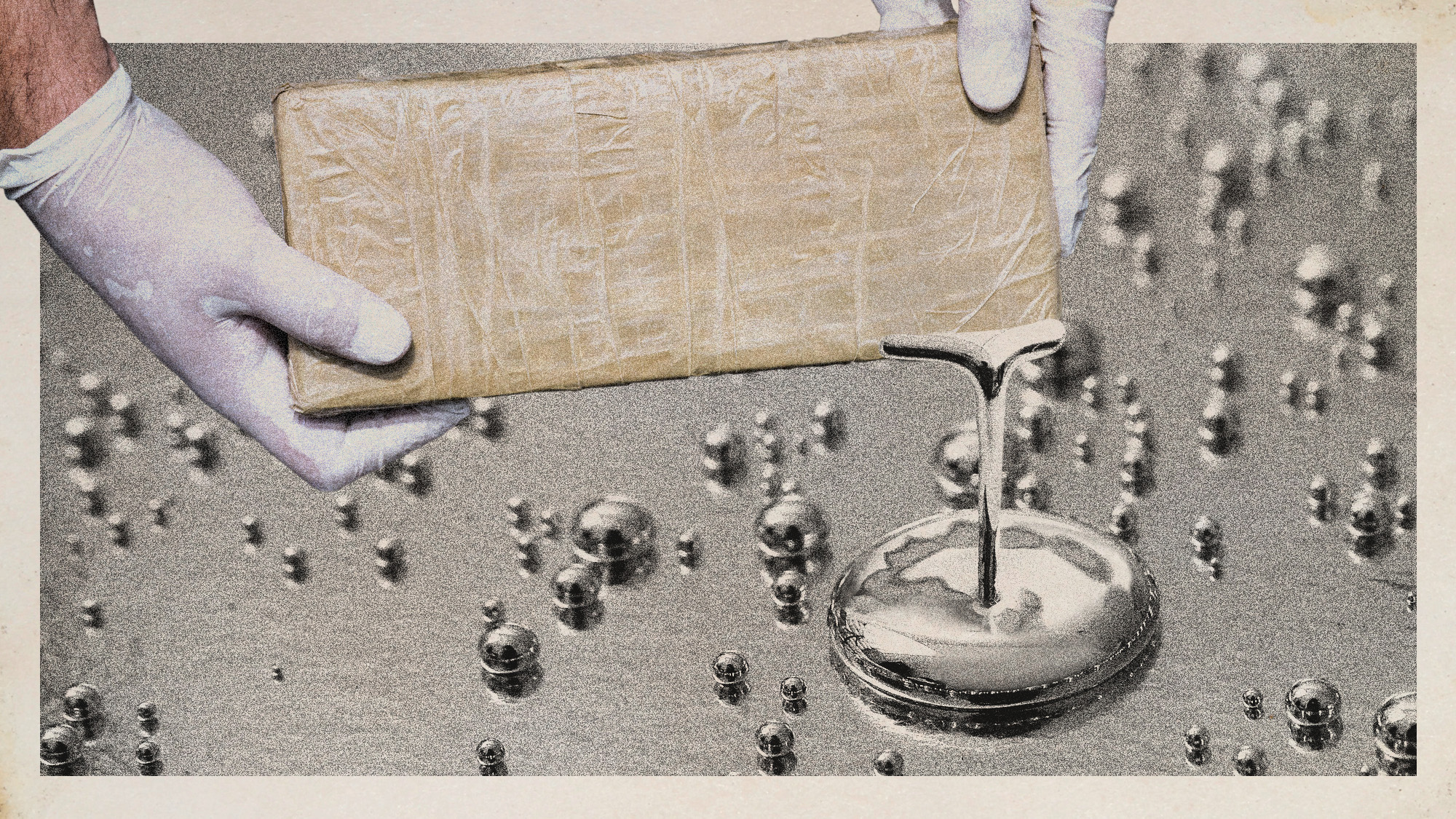 Illicit mercury is poisoning the Amazon
Illicit mercury is poisoning the AmazonUnder the Radar 'Essential' to illegal gold mining, toxic mercury is being trafficked across Latin America, 'fuelling violence' and 'environmental devastation'
-
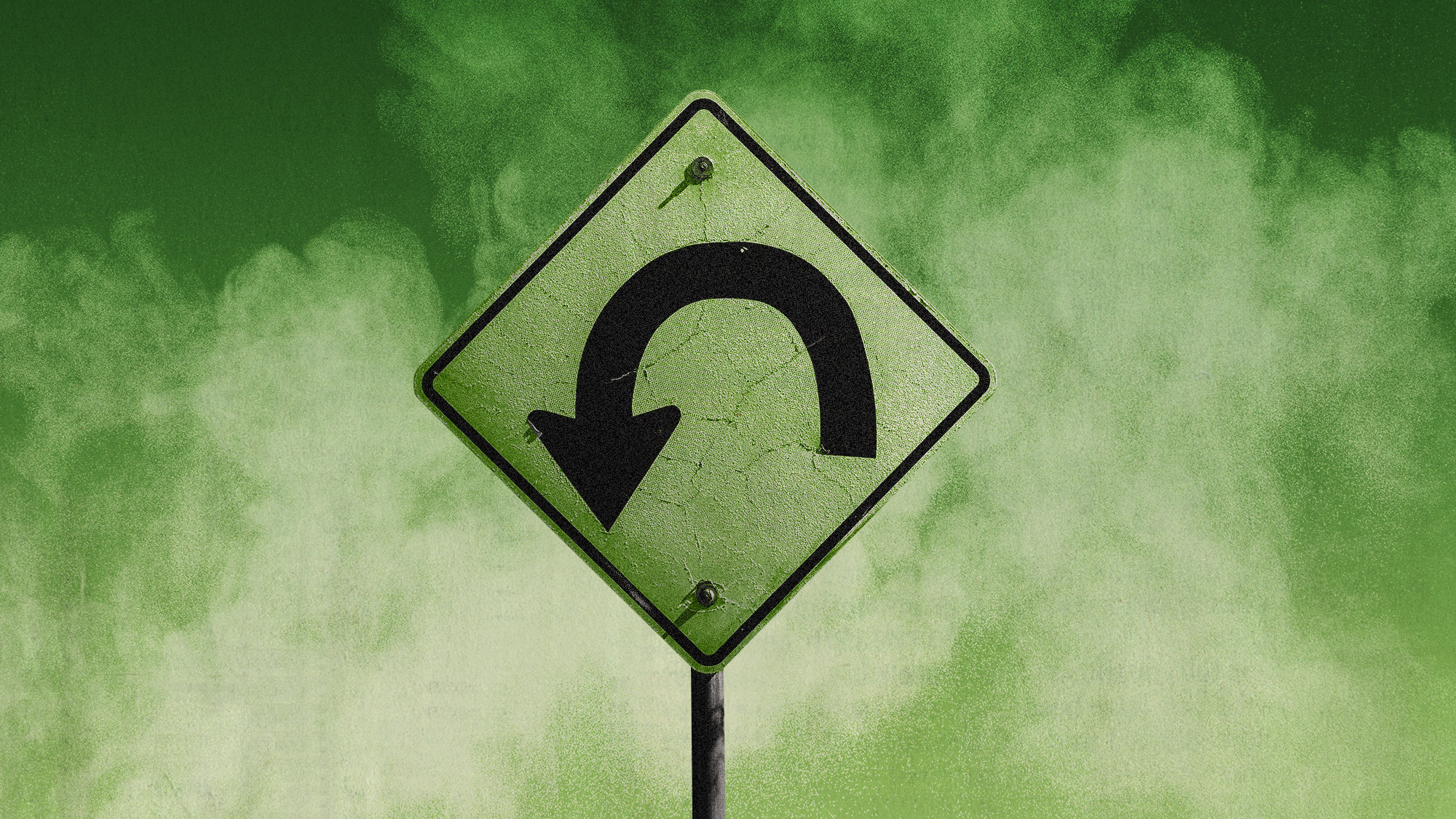 Thailand is rolling back on its legal cannabis empire
Thailand is rolling back on its legal cannabis empireUnder the Radar Government restricts cannabis use to medical purposes only and threatens to re-criminalise altogether, sparking fears for the $1 billion industry
-
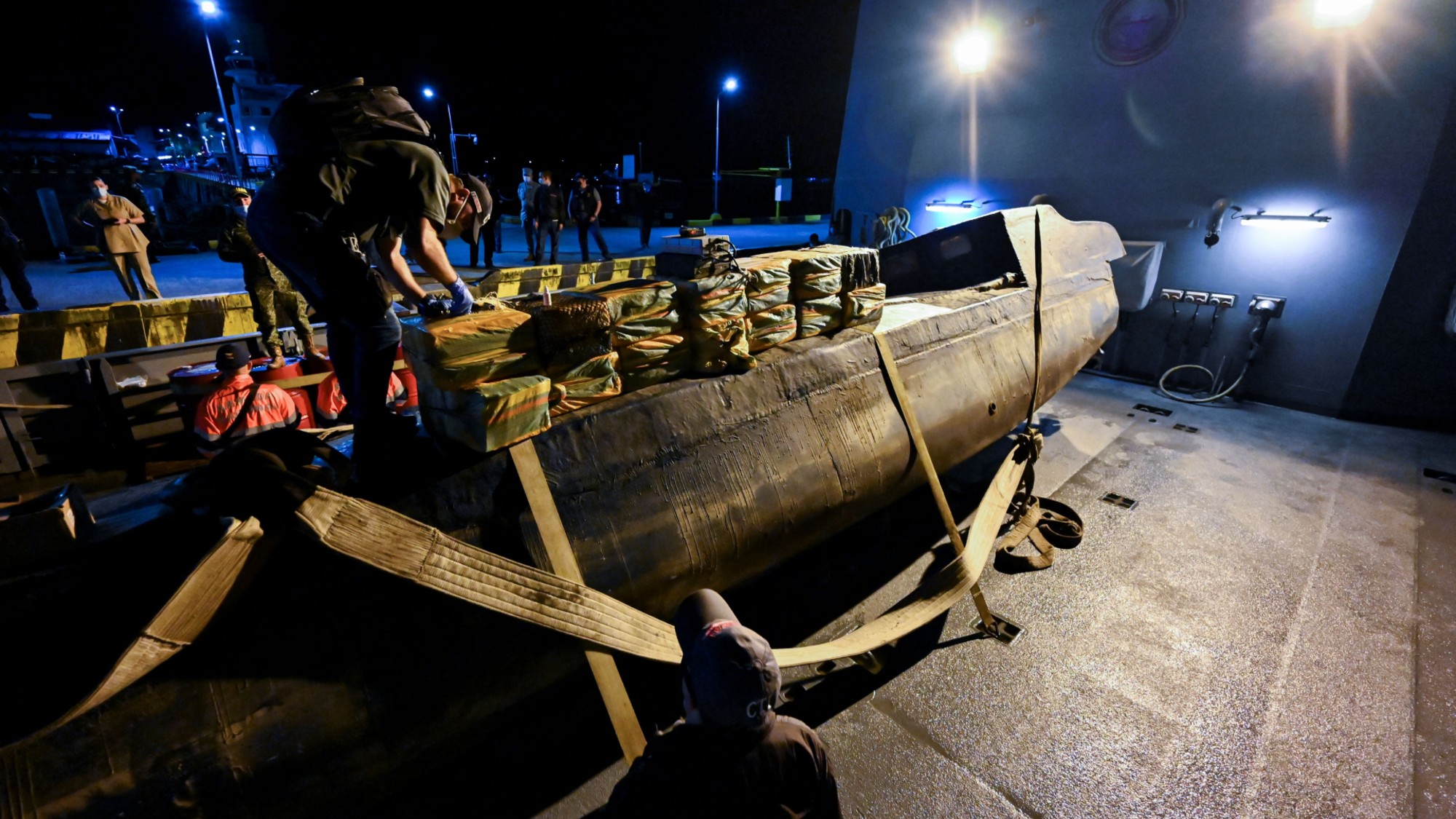 Narco subs are helping to fuel a global cocaine surge
Narco subs are helping to fuel a global cocaine surgeThe Explainer Drug smugglers are increasingly relying on underwater travel to hide from law enforcement